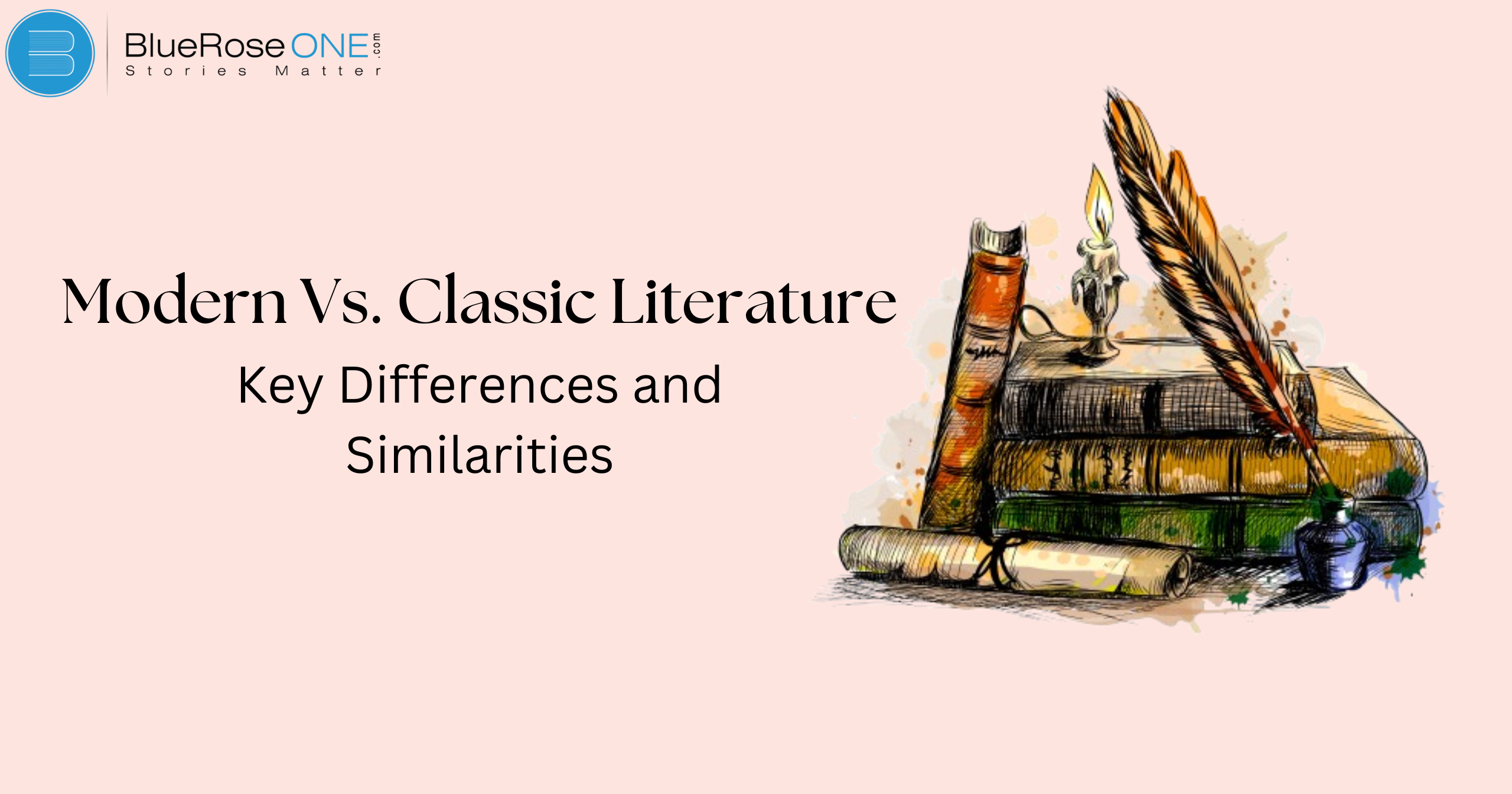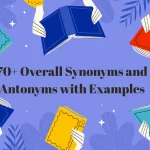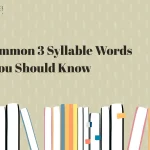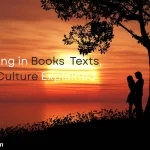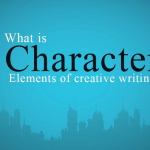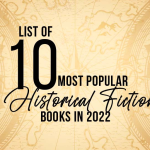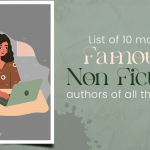What is Classic Literature?
Classic literature refers to ageless works that have lasted the test of time, frequently distinguished by rich language, profound themes, and universal ideas. These works were mostly written before the twentieth century and continue to affect modern storytelling.
You may also like: Too Good To Be True a Book By Prajakata Koli
Common Themes in Classic Literature
- The struggle between good and evil
- Fate and free will
- Social hierarchy and class distinctions
- Love, tragedy, and sacrifice
- Moral lessons and human virtues
Examples of Classic Literature
What is Modern Literature?
Modern literature encompasses works published between the late nineteenth century and the present. These books frequently involve unique narrative, modern issues, and an emphasis on personal perspectives.
Common Themes in Modern Literature
- Identity and self-discovery
- Mental health and psychological depth
- Political and social justice issues
- Postmodernism skepticism and fragmentation
- The impact of technology on humanity
Examples of Modern Literature
Key Differences Between Modern and Classic Literature
Writing Style and Language
One of the most significant contrasts between current and classic literature is the writing style and language. Classic literature frequently employs formal, complex language, with lengthy sentences and detailed descriptions.
In contrast, modern literature has a more straightforward, basic, and conversational tone, making it easier to read. Modern authors emphasize realism and genuine communication, but ancient works may use poetic or antiquated phrases. This transition reflects long-term changes in society, communication, and reader preferences.
Themes and Subject Matters
Classic literature frequently examines universal themes such as fate, honor, and morality, with emphasis on historical settings and large philosophical ideas.
It depicts contemporary beliefs and struggles, such as social class and duty. In contrast, modern literature explores contemporary concerns such as identity, mental health, and the impact of technology.
It is more personal and diversified, reflecting contemporary global society and individual experiences rather than broad moral principles.
Character Developement
Classic literature’s characters frequently reflect ideals or moral precepts, with less psychological complexity and internal strife. They may adhere to strict stereotypes, such as the noble hero or the tragic figure.
Modern literature, on the other hand, is concerned with the development of multifaceted characters. Characters are more flawed, realistic, and influenced by their personal experiences. Internal conflicts, emotions, and shifting motivations make them more sympathetic, reflecting the intricacies of human nature in modern narrative.
You may also like: How to Publish a Book? | Publish Your Book | BlueRoseOne
You may also read: 100+ Adjectives Begin with I (With Definitions & Examples)
Narrative Techniques
Classic literature frequently employs a linear narrative with extensive descriptions and omniscient narration, in which the author knows everything about the characters and events. In contrast, modern literature explores fragmented storytelling, numerous perspectives, and stream-of-consciousness techniques to depict a character’s inner thoughts.
Classic works emphasize great themes and structured narration, whereas modern literature embraces ambiguity and unorthodox approaches to provide a more personal and immersive reading experience.
Symbolism and Allegory
Classic literature frequently uses symbolism and allegory to communicate deeper meanings that reflect moral, religious, or philosophical issues. Writers such as George Orwell and Nathaniel Hawthorne used allegory to criticize society and human nature.
In contrast, modern literature employs symbolism in a more delicate, personal manner, emphasizing individual experiences and feelings. While traditional works frequently contain clear moral teachings, modern literature allows for more broad interpretation, inviting readers to choose their own meaning.
You may also like: Epistrophe: Definition, Example and More
Similarities Between Modern and Classic Literature
Exploration of Human Nature
Both modern and ancient literature delve deeply into human nature, showing universal feelings such as love, fear, ambition, and morality.
Classic works, such as Shakespeare’s Hamlet, explore psychological problems and ethical quandaries, whereas current books, such as Harper Lee’s To Kill a Mockingbird, address social justice and human sensitivity.
Despite contrasts in style and context, both emphasize common human experiences, demonstrating that human nature stays unchanged over time.
Influence of Society
Both current and ancient literature have a significant impact on society because they shape beliefs, ignite debates, and reflect cultural norms.
Classic literature frequently affected big social shifts, such as Charles Dickens emphasizing poverty or Jane Austen challenging gender stereotypes. Similarly, modern literature deals with contemporary themes such as climate change, mental health, and social justice.
Both types encourage readers to think critically, empathize with opposing viewpoints, and influence change in their communities.
Artistic Expression
Artistic expression in both modern and classic literature aims to delve into the depths of human experience. Classic literature frequently use lengthy, descriptive language to describe feelings and topics, but current literature favors a more direct and experimental tone. However, both genres seek to reflect society, culture, and the individual’s inner life.
Whether through complex metaphors or minimalist prose, both styles of literature employ beautiful language to elicit thought and emotional responses from readers.
You may also like: What is Anaphora? Defintion, Example and More
You may also read: Top 50 Famous Dragon Names from Mythology, Books, and Movies
What One is Better?
Personal preferences determine whether to read classic or modern literature. Classic literature gives a solid foundation for comprehending literary traditions, whereas modern writing responds to current events. Readers should ideally examine both to gain a full appreciation for literary greatness.
Conclusion
Frequently Asked Questions
Classic literature includes works that have stood the test of time, characterized by rich themes, formal language, and universal messages.
Modern literature focuses on contemporary issues, experiments with structure, and features more complex character psychology.
Absolutely! Both forms contribute to literary culture and provide unique perspectives on human nature and society.
Classic literature offers historical context, cultural insights, and timeless themes that remain meaningful across generations.
For classics, consider Pride and Prejudice or Crime and Punishment. For modern reads, try 1984 or The Road.

